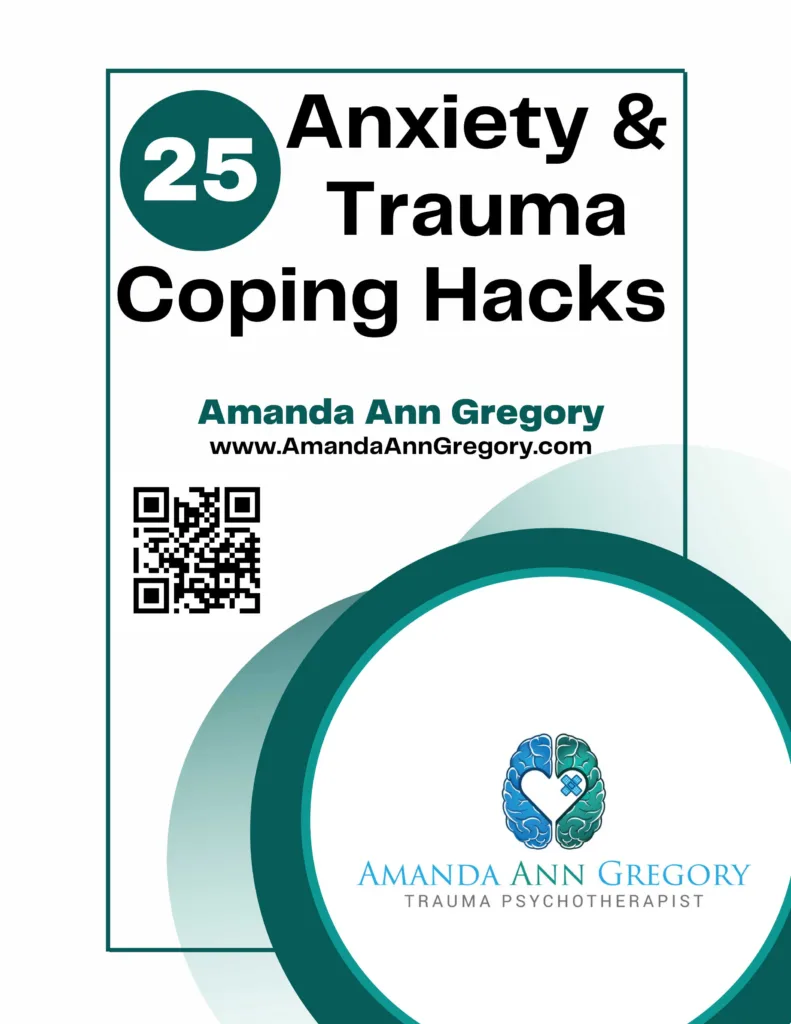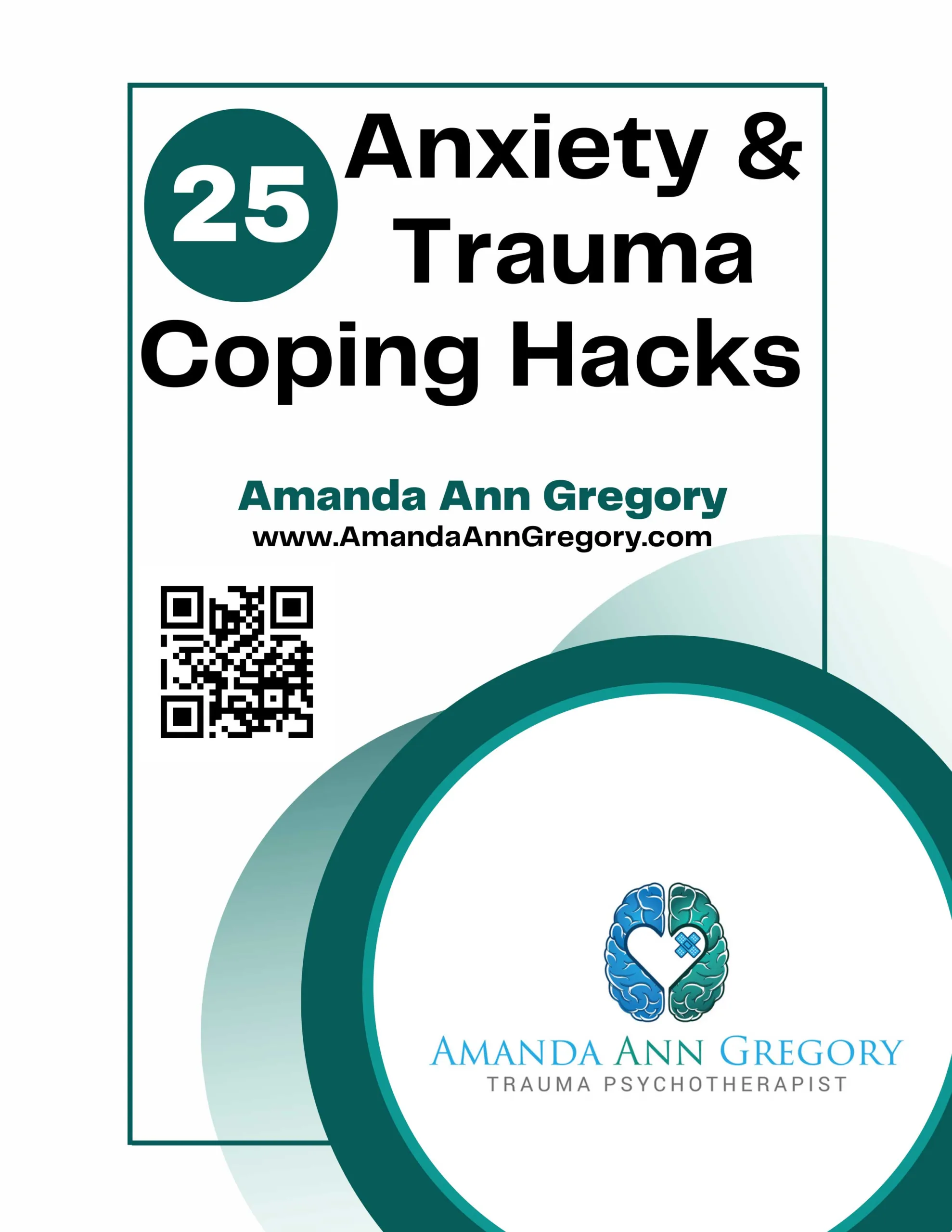Have you considered participating in family therapy as a part of your trauma treatment?
Family therapy addresses individual issues within the context of a group—a family. In my book, You Don’t Need to Forgive, I define a family as not necessarily as a set of biological relatives but rather as a group of people who serve as a long-term support system.
Many people have found family therapy to be helpful in addressing a variety of issues, such as conflict resolution, communication, and navigating life transitions.
If you have family members who are capable and willing, there are several reasons you might want to give family therapy a try.
Here are eight benefits of participating in family therapy:
1) You won’t be labeled as ‘the problem’ – but neither will anyone else.
When families are in conflict, it’s easy to label one person as “the problem,” and this person is often the one who’s encouraged to attend therapy. But family therapists believe that it’s the dynamics of the family as a whole that need to be addressed, not any family member alone. Although one person may be a significant contributor to conflict in the family, it’s the family unit that sustains the conflict.
This is important to note if your family members perpetrated abuse against you or others or are a part of your traumatic experiences. Family therapy can be a good way to explore these dynamics but it may not be the best route if you wish to hold your family members accountable.
2) You can gain awareness of incapable family members.
You may have family members with incapabilities or aspects that they are not willing to change. Family therapy could shine light upon these capabilities. For example: If you have been trying for years to connect with a parent with little success, family therapy may shine light upon this parent’s incapabilities and give you reassurance that this disconnect is not about you.
3) You can achieve acceptance.
Acceptance does not mean liking, approaching or supporting something. It’s simply a realization that something is. If you have family members who are incapable, family therapy might help you to accept their incapables as opposed to trying to change them or wish they were different.
4) You can help to change your family dynamics.
What if you are unknowingly contributing to unhealthy dynamics in your family? You might be. Family therapy can help you to identify unhealthy interactions and learn ways to replace them with healthier ways of interacting with the ones you love.
5) You can improve your relationships with children in the family.
If there are children in your family, you might learn new methods to manage their behaviors, provide age-appropriate communication, and facilitate a strong attachment. Children are an important part of a family system, and you can be a positive influence on their lives.
6) You can discover new ways to bond with family members.
Do you want to feel closer to your family? A family therapist can help you to learn methods to build and maintain meaningful relationships with each family member, as each relationship is different. Certain bonding experiences may work with one family member but not others. Not only that, but people change over time, so you might find that old bonding methods are outdated. Strengthening relationships with our family members is a lifelong process.
7) You can learn how to resolve family conflicts.
If you’ve tried to resolve family conflicts on your own and haven’t had much success, you might find that you’re able to do so in family therapy. A family therapist can provide a variety of interventions to assist your family in resolving conflicts.
8) You can improve your communication with family members.
Some conflicts are caused by a lack of communication. Family therapy can be a safe place to express vulnerability, learn to actively listen, and express or receive empathy, which are the pillars of effective communication.
9) You can give and receive support during difficult life transitions.
Deaths, divorce or break-ups, moving, retirement, and adoption or the birth of a new baby are examples of common transitions that families go through. These are significant experiences that require family members to support each other as a group while each experiencing their own emotions. Family therapy can help your family members to support each other during transitions like these.
10) You can use your new skills to improve all your relationships.
You can use the skills you learn in family therapy to improve all your relationships. What you learn in family therapy can help you to become a better employee, friend, lover, and neighbor.
Purchase my book, You Don’t Need to Forgive

Sign up to get your Free eBook: 25 Anxiety & Trauma Coping Hacks

Hire me to speak at your event! Contact Me






